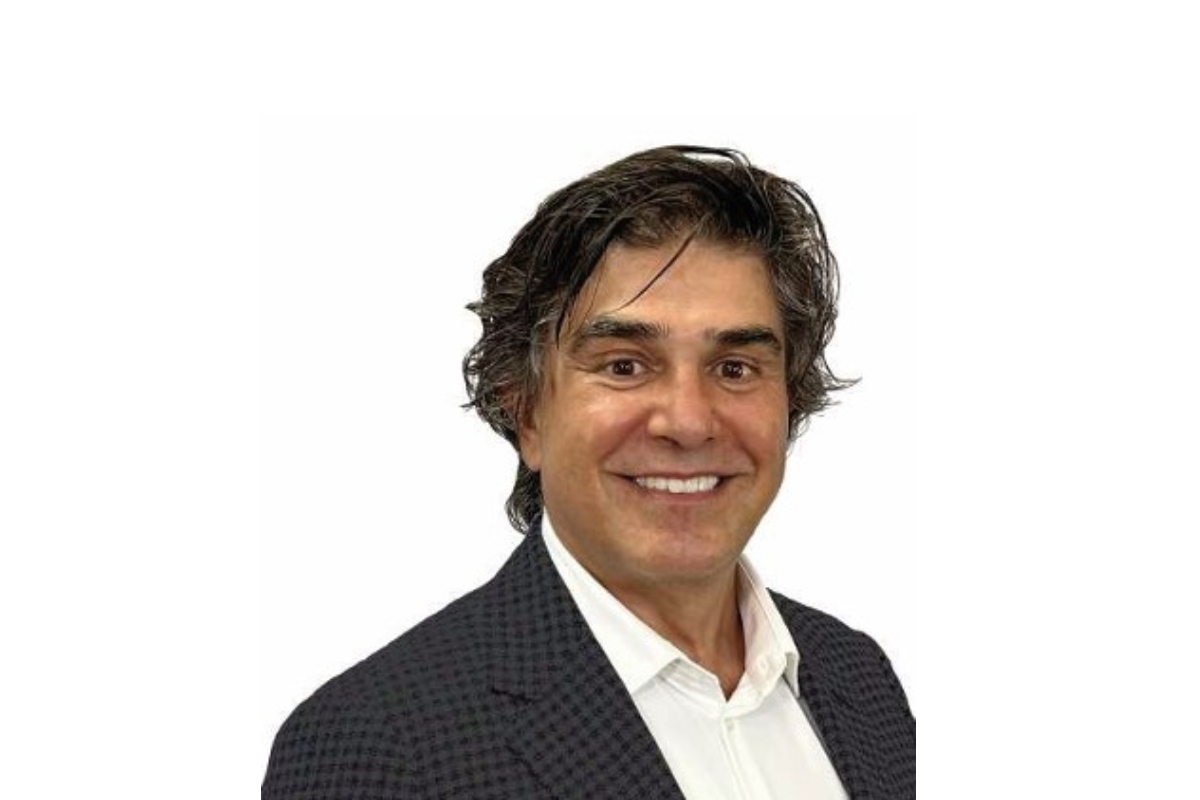It’s likely you’ve seen Nutribar, the popular meal replacement bar, on supermarket and grocery store shelves. Launched in 1979, it was also the first nutrition bar sold in Canada. It remains a bestseller in its food category to this day, and a quick, healthy supplement for our busier-than-ever lives.
The man who oversees the operations, Jerry Abraham, isn’t merely a business executive. As the CEO of Stella Pharmaceutical, he also comes with medical knowledge – a Bachelor of Science in Pharmacy and Master’s in Pharmacy Administration – which has afforded him insight to human dietary needs required to fine-tune the product. On top of which, he received sales and marketing training at The Thompson Medical Company in New York. This afforded him the opportunity in 1967 to oversee Stella Pharmaceutical Company in Canada, the U.K., Belgium, Italy, and Switzerland.
Since 1994, Jerry Abraham and his family have been owners of Stella, a one-time subsidiary of Thompson Medical Company. Stella currently runs such brands as Minard’s Liniment, Dodds Muscle Pain Relief, and Nutribar. Lately, developments on Nutribar have included removing artificial sweeteners, and this year the brand is launching a low-carb formula, keto diet, and a vegan bar.
He spoke with The Edge about management, success, and more.
How would you describe your management style?
My approach was about how to integrate family business values in managing a business more than focus strictly on the profit side. In some ways, that compromised the perfect business model. They would never teach this in Harvard Business School. My son is a graduate of Harvard Business School, and he’s always looking over my shoulder like, “why are you doing this?”
In the long term, it is a benefit to the family.
Originally, we started out representing products from U.S. companies. Over time, we bought other products and expanded organically. We were always very close to suppliers and customers. That, I think, plays an important role in the ongoing wealth of the business. That is critical to success: You have to be close to your customers and suppliers.
Can you describe your own role in the company?
It’s a funny thing. I like to delegate to people who have competence. If you think it’s a good idea, go ahead and run with it. If you are not successful, we won’t do that again. Next time will be better.
My role is to see that other people are being as effective as they can in their assignments and giving them a lot of responsibility and authority to do what they have to do. I want them to do, and know, that if they make a mistake, it is okay – as long as you don’t bankrupt us. Do what makes sense, if you are competent.
Are there people who influenced you?
I think the biggest influence for our company in Canada was one individual – Don Forbes of the Drug Trading Company. He was a very important mentor for us, a very savvy and understanding individual. For years, he would guide us through the management of the business.
Other people who we met through the years, later on – like Murray Koffler and David Bloom from Shopper’s Drug Mart – were very important people.
How do you promote a new product?
There is a very big change in terms of marketing. It used to be newspaper, magazine, television, and radio. Today, it’s the internet. The consumers are consumed by the internet and their attention span is limited, because there is so much going on. You can catch them through Facebook, or however they communicate. I think this is a revolution in how marketing is going to happen. It’s started already, but I think it’s going to be a bigger, more important trend in terms of how to market a product.
Also, we are starting to go to consumer shows. We haven’t done that in a long time. We now offer a product called Nutribar Type 2, directed to consumers with diabetic issues. We can market that to either the doctors who talk to the patients with diabetes, or the consumers, if they go to shows that deal with this issue.
What differentiates a good manager from a great manager?
That’s a really good question. A person who wants to mentor people and see them grow is going to be a great manager. A person who wants to just manage, get in and get out, is not going to be a great manager.
Dave Gordon | Contributing Writer


















